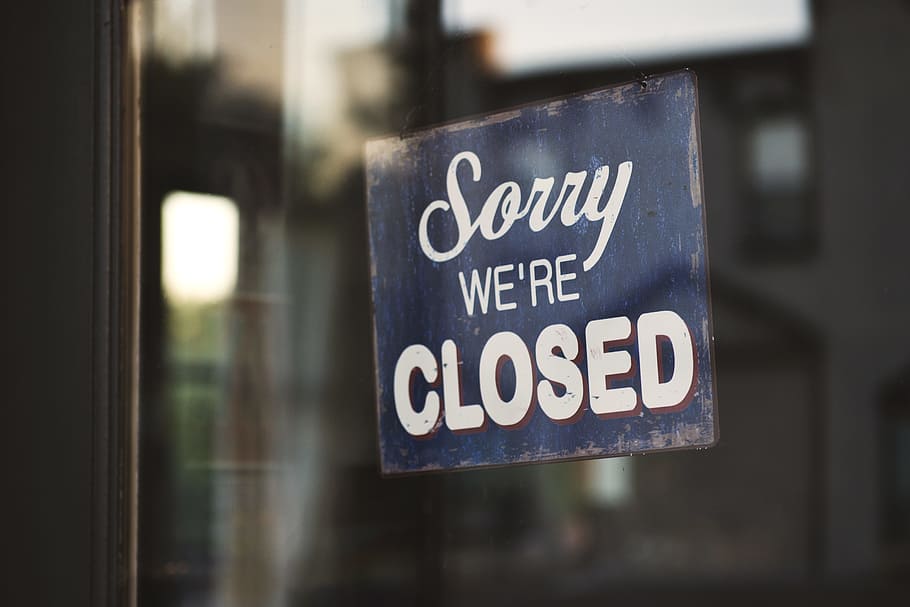The battle against COVID-19 is proving more difficult for small and medium-sized businesses in the UK, as it has been reported, per the BBC’s Economics Correspondent, that nearly a fifth are unlikely to get the capital they need to keep going in the next 4 weeks, in spite of the government support.
It expected that between 500,000 to a million businesses in the UK may have to close, according to research published today.
The BBC has been inundated with firms claiming that they have been refused emergency loans, with others being left on hold or not able to get through to the banks on the phone.
The banking sector insists that they are following rules which were set out by the UK government and the Chancellor, Rishi Sunak.

Two weeks ago, Rishi Sunak announced that any business owners/directors would be able to walk into a bank branch and get the financial support from the Coronavirus Business Interruption Loans to survive the national wide lockdown.
At the time the chancellor promised that “any good business in financial difficulty who needs access to cash to pay their rent, the salaries of their employees, pay suppliers, or purchase stock, will be able to access a government-backed loan, on attractive terms.”
The national wide lockdown has meant that most bank branches are opened on reduced hours or are closed, meaning other communications lines do not have the capability to deal with the number of requests. When businesses do get through, they are being told by banks that they are not eligible.
This has prompt concern for many businesses, believing that the banks have too much control and the government must now step in.
A network of accountants across the UK have identified 12,000 small and medium firms will not be able to access cash. These figures mirror similar findings from other business groups, which have reported that a fifth of businesses could close if the UK lockdown continues for more than 4 weeks.
The banks insist that they are following the rules and guidance which the government set out, which means companies can get the emergency capital if other borrowing roots are not sustainable, such as borrowing against an asset.
Firms who want to borrow more than £250,000 are being informed by the banks that a company director must sign personal guarantees.
This news comes after the rent-to-own firm BrightHouse called in administrators on Monday, 30th March, putting 2,400 jobs at risk.
The company’s struggle comes as they faced an influx of compensation claims for selling to people who could not repay their rent.
Newer and stricter lending rules had put the business under financial strain before the national lockdown.
The company was the largest operator in the UK to the rent-to-own sector, with a customer base of over 200,000.
Previous Post
COVID-19 Grounds EasyJet Fleet